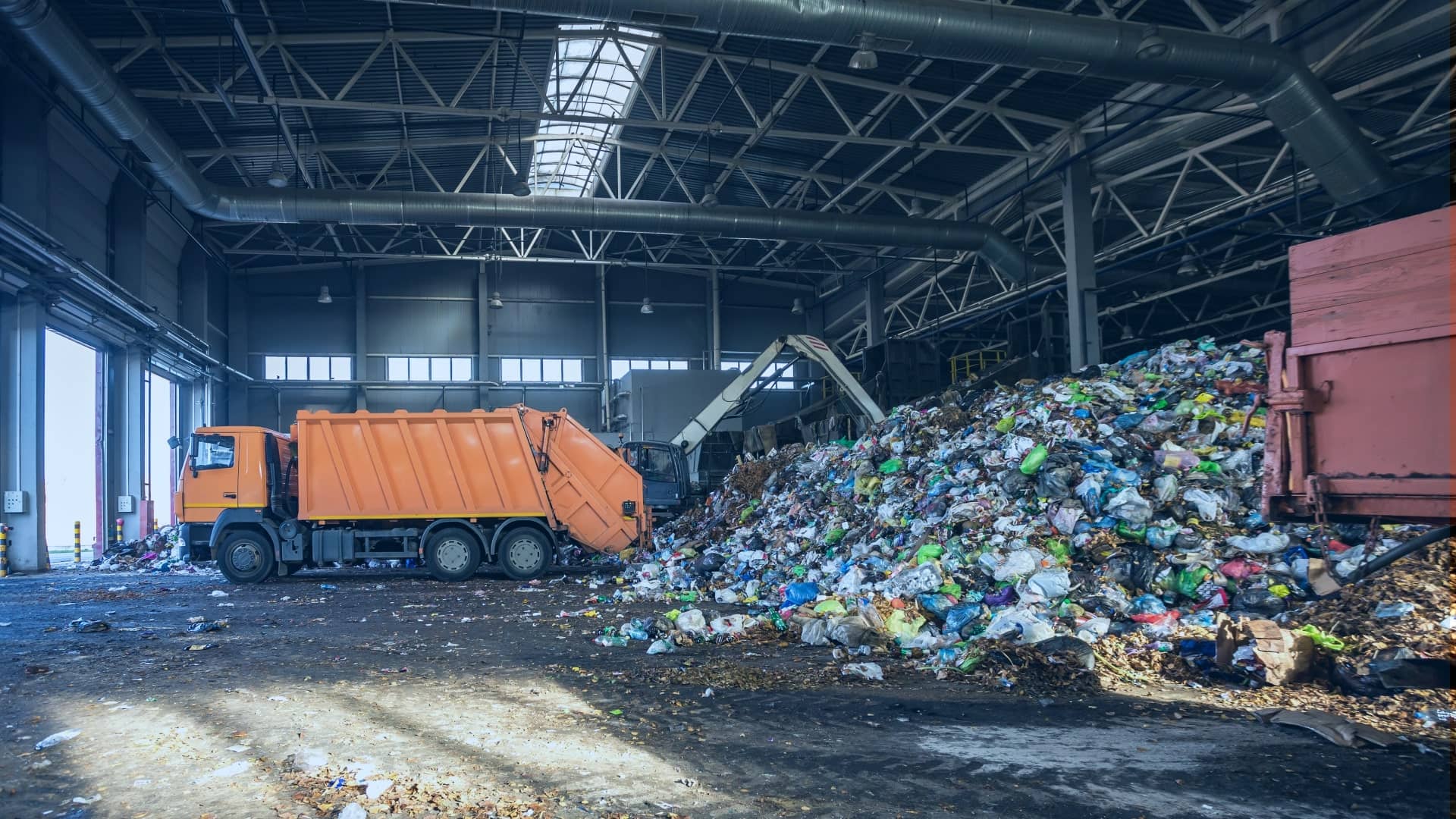Things about Reclaim Waste
Things about Reclaim Waste
Blog Article
Reclaim Waste Things To Know Before You Buy
Table of ContentsThe Best Guide To Reclaim WasteWhat Does Reclaim Waste Mean?The Greatest Guide To Reclaim WasteThe Greatest Guide To Reclaim WasteRumored Buzz on Reclaim Waste
Check out the types, incidents, and forms of liquid waste. Domestic sewage waste describes the waste and items from a property septic system. This type of waste is produced by human beings in residences, schools, and other structures. This only includes septic tanks that have a drain field. The correct administration and disposal of residential sewer waste require liquid waste to be transferred to a sewer therapy plant where the appropriate approaches and equipment are related to cleanse and throw away waste.
Industrial waste usually includes prospective threats, such as flammable products or a mixture of fluid and strong waste items, and calls for a much more innovative and thorough disposal process. The disposal of industrial waste usually includes the purification of waste before transportation to make sure safe and correct disposal. Industrial waste is created from by-products and overflow of industrial processes and production.
This sort of waste can not utilize the exact same sewer administration transportation or procedures as septic or business liquids. The commercial waste administration procedure requires the assessment and screening of fluid waste before it goes through the disposal process (liquid waste removal melbourne). Overflow waste is the liquid waste that originates from drainage and excess stormwater in very populated areas or cities
Overflow waste can create contamination and flooding if not handled appropriately. Ensuring proper waste management can prevent catastrophes and lower environmental injury.
Fascination About Reclaim Waste
Call PROS Solutions today to discover our waste monitoring and disposal solutions and the correct means to look after the liquid waste you create.
(https://www.gaiaonline.com/profiles/reclaimwaste1/46907679/)This supposed 'wastewater' is not just an essential source but, after therapy, will be launched to our land, rivers or the ocean. Utilized water from bathrooms, showers, bathrooms, kitchen sinks, washings and industrial processes is recognized as wastewater.

water used to cool equipment or tidy plant and tools). Stormwater, a kind of wastewater, is drainage that moves from farming and metropolitan locations such as roof coverings, parks, gardens, roads, courses and seamless gutters into stormwater drains, after rain. Stormwater streams untreated straight to regional creeks or rivers, eventually reaching the sea.
The Facts About Reclaim Waste Revealed
In Queensland, many wastewater is dealt with at sewage therapy plants. Wastewater is moved from domestic or industrial websites via a system of sewage systems and pump terminals, referred to as sewage reticulation, to a sewage therapy plant. Regional governments build, keep and operate most sewer treatment plants. Operators are licensed under the Environmental Management Act 1994 to release treated wastewater at an appropriate environmental criterion into rivers.
The Department of Natural Resources suggests regional federal governments about handling, operating and preserving sewage systems and treatment plants. In unsewered areas, regional federal governments may need householders to set up private or family sewage therapy systems to deal with domestic wastewater from bathrooms, kitchen areas, washrooms and washings. The Division of Natural Resources authorizes the usage of house systems when they are confirmed to be reliable.
In some new communities, therapy of some stormwater to eliminate clutter, sand and crushed rock has begun using gross toxin catches. Wastewater treatment occurs in four stages: Eliminates solid issue.
Uses little living microorganisms recognizes as micro-organisms to break down and remove continuing to be dissolved wastes and fine bits. Micro-organisms and wastes are incorporated in the sludge.
More About Reclaim Waste
Nutrient removal is not offered in any way sewer therapy plants due to the fact that it needs costly specialized devices. It is becoming much more common in Queensland. Clear liquid effluent produced after treatment might still contain disease-causing micro-organisms. If this effluent is launched right into rivers such as rivers or the sea, the micro-organisms will ultimately die out.

A lot of wastewater moves into the sewage system. Under the Act, neighborhood federal governments carry out authorizations and permits for environmentally read this article relevant activities (Ages) including wastewater releases that could have a regional influence.
Getting My Reclaim Waste To Work
Monitoring gives valid info concerning water top quality and can verify that licence conditions are being satisfied. The information obtained with monitoring supplies the basis for making water high quality decisions.
Report this page